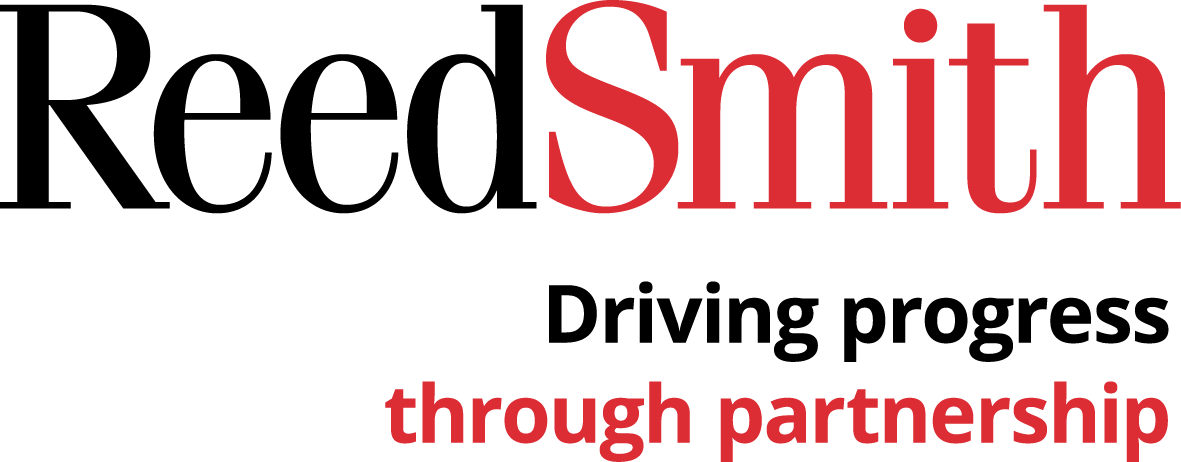From the workplace

Elhers Danlos Syndrome
From the workplace

Elhers Danlos Syndrome
From the workplace

Sight loss
From the workplace
Blind
To follow this employer join the MyPlus Students' Club
To save this content, join the MyPlus Students' Club